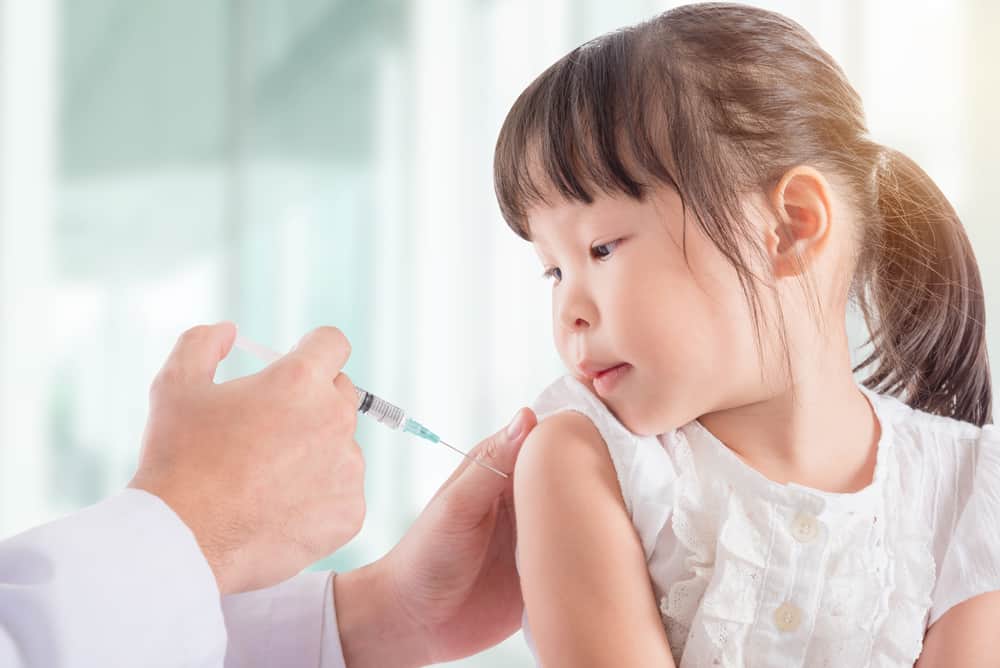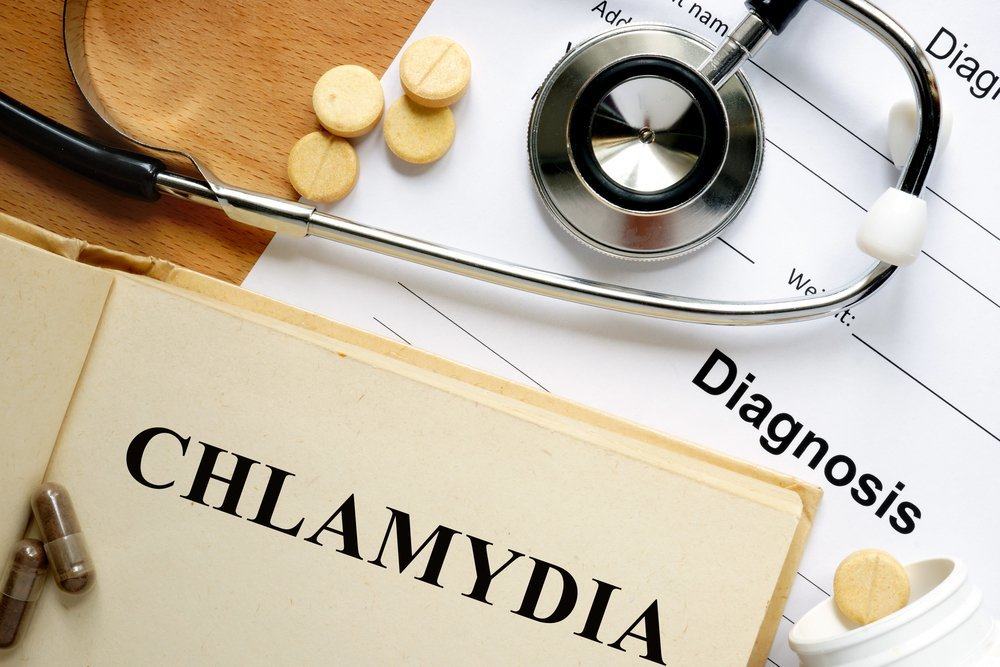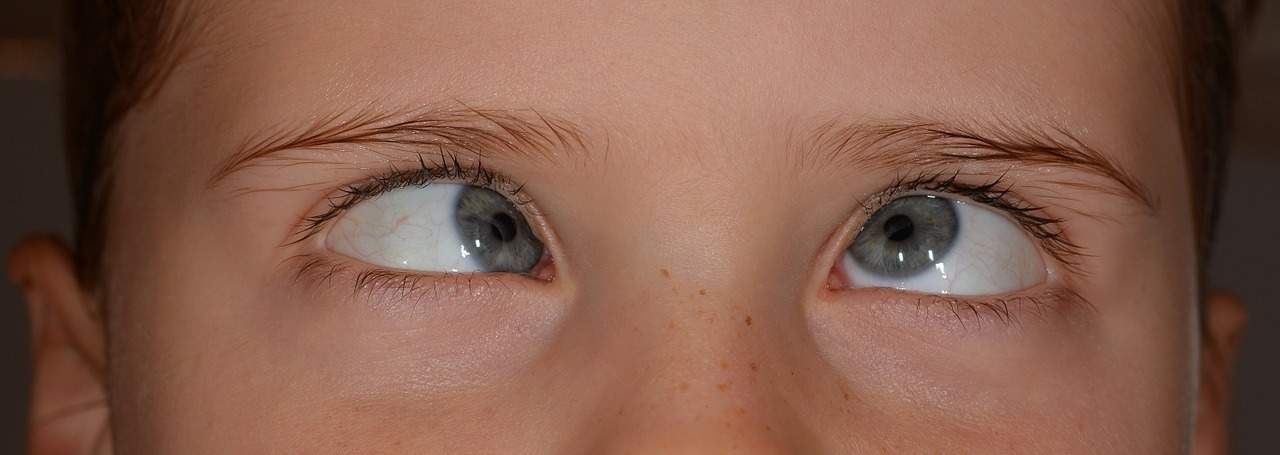Contents:
- Medical Video: EKKO IS SO MUCH FUN! CLEAN ONE SHOTS! - Iron to Diamond - Ep. 34 | League of Legends
- What is the difference between vaccination and immunization?
- Vaccination
- Immunization
- Why is vaccination and immunization important?
- Are immunizations and vaccinations always effective?
- Are there side effects from vaccine administration or immunization?
Medical Video: EKKO IS SO MUCH FUN! CLEAN ONE SHOTS! - Iron to Diamond - Ep. 34 | League of Legends
Maybe many of you still don't really understand the difference between vaccination and immunization, so often both are equated. Even though it turns out, immunization and vaccination are different. What's the difference? Check out the following review.
What is the difference between vaccination and immunization?
Vaccination
According to the Centers for Disease Control and Prevention (CDC), vaccination is a 'tool' given to stimulate the immune system to be immune from disease.
Actually, vaccines are made from weakened virus (virus), so that when entering into the body it will stimulate the immune system and not cause disease.
Vaccines are usually done before immunization is given, so this method is considered as the first step to prevent an illness. Vaccination is usually done through a syringe but can also be given by mouth.
Immunization
According to the World Health Organization (WHO) immunization is a way to strengthen the immune system so that it is immune to viruses. Usually, immunization is also used to prevent transmission of disease viruses from person to person.
Then, what is the difference between immunization and vaccination? Actually, both of them enter into a series of disease prevention processes. So, vaccines and immunizations will be given gradually to strengthen antibodies slowly.
The first vaccine will stimulate the body to form antibodies to certain diseases. Now, immunization is given so that the antibodies that have been formed are getting stronger, so they are immune to disease attacks.
Why is vaccination and immunization important?
As you already know, immunization and vaccination both aim to prevent viral infections and spread to people. That is why, these two things are important to give even since the newborn baby.
Even vaccinations and immunizations can provide protection to everyone, including those who have not been vaccinated. Because, according to Very Well Family, if many people are immune to an illness because they have received vaccination or immunization, the virus will be increasingly difficult to spread and develop.
Currently both methods are indeed relied upon to prevent all infectious diseases caused by viruses. Because, immunization and vaccination have been shown to reduce the incidence of infectious diseases such as measles, tetanus, mumps, smallpox, diphtheria, polio, hepatitis, HPV, and so forth.
Some disease vaccines only need to be given once, but must be accompanied by immunization as an "amplifier" to maintain successful protection against disease.
Are immunizations and vaccinations always effective?
Even so, in some cases vaccination and immunization work have not been 100 percent effective in preventing disease. According to the CDC, the success of immunization in children can vary by 90-100 percent depending on the condition.
If an immunization or vaccination does not work 100 percent in preventing disease, the body may still get the virus. However, the symptoms of the disease experienced will certainly be much lighter than with children who did not get the vaccine and immunization at all.
Are there side effects from vaccine administration or immunization?
Basically, side effects caused by vaccination and immunization are rare, but in most cases this is still mild if the effects that arise are like:
- Redness, pain, and mild swelling in the injection site
- Mild fever
This condition may make the child feel uncomfortable, but usually will disappear within a few days. Unlike the case if after vaccinated children actually experience serious reactions such as difficulty breathing and high fever that rarely occurs. If this reaction appears you should immediately consult a doctor.
And don't forget, always tell your doctor if your child has an allergy to any component in the vaccine, so the doctor can provide appropriate treatment.












